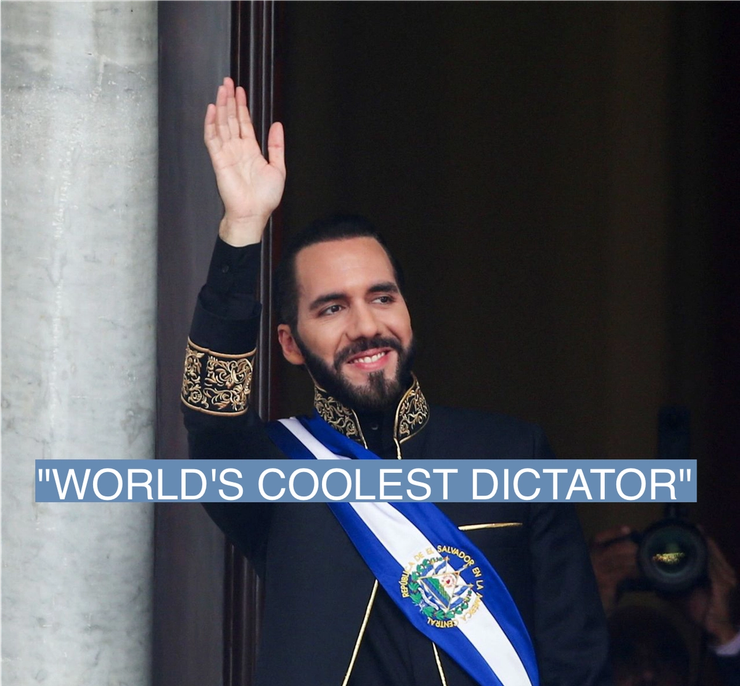The News
Days before leftist Claudia Sheinbaum became the new president of Mexico, another populist leader was sworn in in El Salvador for the second time, right-leaning leader Nayib Bukele.
On paper, Sheinbaum and Bukele differ greatly in ideology, but their populist politics — promising to put people’s livelihoods first — reflect a broad trend in Latin America, where voters are increasingly willing to accept democratic backsliding in exchange for better security against organized crime and economic rejuvenation.
Ultimately, Sheinbaum and Bukele join a litany of populist leaders in Latin America — including Javier Milei in Argentina and Nicolás Maduro in Venezuela — who have taken hold in the region.
SIGNALS
Bukele’s ‘iron fist’ becomes a model for security policy
Bukele’s policies, like his “iron fist” approach against gangs, which brought homicides in the country down by 95%, are a source of inspiration for politicians in Latin America, with some describing these successes “a miracle.” Leaders increasingly look to Bukele as a model, Americas Quarterly noted. In Perù, for example, the mayor of Lima, a potential presidential candidate, promised a “Bukele plan” to fight crime in the city. “We have an escalation of what some authors call ‘punitive populism,’” a Chilean professor of political science told news podcast Central. But Bukele’s crackdown on violence came at a cost — the zero-tolerance approach has seen systematic violations of human rights, international watchdogs warned.
Mexico’s populism is rooted in economic reforms
Sheinbaum’s predecessor and mentor, outgoing President Andrés Manuel López Obrador, is known to veer into populist rhetoric bordering on the anti-democratic. Still, he has cultivated huge popularity among the electorate “by giving visibility to poor Mexicans,” expanding the social welfare program, and increasing the minimum wage (110% in real terms), columnist Juan Pablo Spinetto wrote for Bloomberg. López Obrador has also managed to also get support among more conservative voters, too, such as by not taking a position on abortion and clashing with Mexico’s feminist movement, according to Americas Quarterly. That has largely subdued a far-right populist rival, and will likely allow Sheinbaum to continue a leftist agenda.
The rise of populism shows that democracy is in peril in Latin America
Bukele’s authoritarianism — he described himself as “the world’s coolest dictator” on social media in 2021 — is just one example of a general backsliding of democracy across Latin America, analysts at The Atlantic Council wrote. Two thirds of the countries in the region are considered “flawed democracies” or “hybrid regimes” that suffer from election fraud and limited press freedom. Other issues, like climate change, food insecurity, and financial stress, could further erode voters’ faith in democratic institutions.


